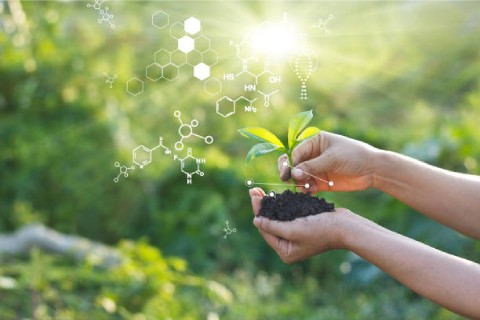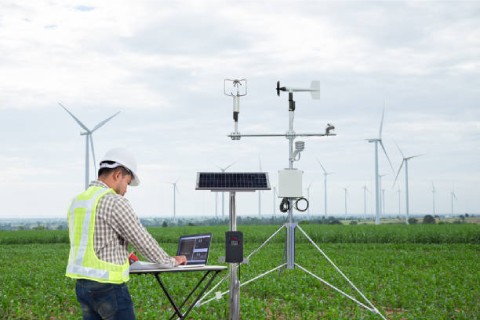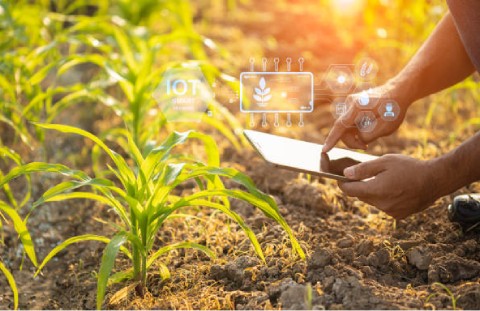Today, ecological aquaculture production should be powered by technology.
Embracing today's technology is crucial for powering ecological aquaculture production. Advanced technologies such as IoT, AI, and Blockchain can play a pivotal role in revolutionizing aquaculture by enabling real-time monitoring, optimizing production efficiency, and ensuring the well-being of aquatic ecosystems. These innovations redefine fish farming by enhancing sustainability, minimizing waste, and promoting responsible seafood production. Therefore, integrating modern technology into ecological aquaculture practices is essential for achieving efficiency, sustainability, and environmental responsibility.
Organigogo and its promoted initiatives of cutting-edge technologies, Acquakinetic, Acquapodit, Ecofarmit, Orgakinetic, and Organitum, spearhead the transformation of organic aquaculture. These innovations prioritize ecological sustainability, traceability, and efficiency, empowering farmers, enhancing food security, and reducing environmental impact through advanced solutions and data-driven insights.
While technological progress has brought significant advancements to agriculture, monopolizing these technologies poses challenges within the sector. This implies that certain entities' dominance or exclusive control of technological innovations may hinder equitable access to these advancements, particularly for small-scale producers. As a result, it can exacerbate economic marginalization and scarcity in organic production, creating disparities between different types of producers.
Organigogo is committed to empowering farmers who aspire to establish or expand organic aquaculture operations by providing access to technology. Through its platform, Organigogo works towards democratizing knowledge and technology access, ensuring that small-scale producers and stakeholders have equal opportunities to leverage cutting-edge innovations. Organigogo plays a pivotal role in shaping a future that is both inclusive and environmentally conscious by fostering collaborations, facilitating knowledge-sharing, and supporting individuals and organizations involved in ecological aquaculture.
Telecommunications, Internet, and Digitalization
- The widening gap between small producers and digitalized productions exacerbates economic marginalization, leading to scarcity in organic production.
Technology Transfer
- Achieving a successful alliance among academia, industry, the public and private sectors, and other spheres in a globalized world requires balancing "acting locally and thinking globally."
- Ensuring digital and technological literacy through budget allocation supports strategic thinking and provides a level playing field for all stakeholders.
Adoption of Technological Innovations in Agriculture
- Economic, social, and political variables influence the slow pace of technological adoption in agriculture.
- Visionaries in technology adoption for agricultural purposes are often prominent entrepreneurs with financial capacity and market access.
- High technology costs, financing limitations, and the need for government support to embrace new technologies are challenges for small and medium-sized producers.
Factors Affecting Technology Adoption in Agriculture
- Enablers: Low technology cost, ease of purchase, simplicity of use, phased implementation, compatibility with existing technologies, origin of technology, organizational structure, personnel training, openness to innovation, aspirations, and access to training.
- Barriers: Reducing the triple gap, unequal access to digital resources in rural areas, imbalance in job opportunities, especially for women, young people, and the elderly, and support for vulnerable sectors.
Role of Support and Training
- Access to infrastructure and technology is essential for organic aquaculture, but support and guidance are pivotal for successful implementation.
- Farmers need assistance in understanding and using technology effectively to optimize farm operations.
- Training ensures the differentiation between political messaging and genuine development processes, empowering individuals to take ownership of their progress.
- Inclusive employment practices, including women, migrants, the elderly, and disabled individuals, foster a diverse and skilled workforce in the agricultural sector.




